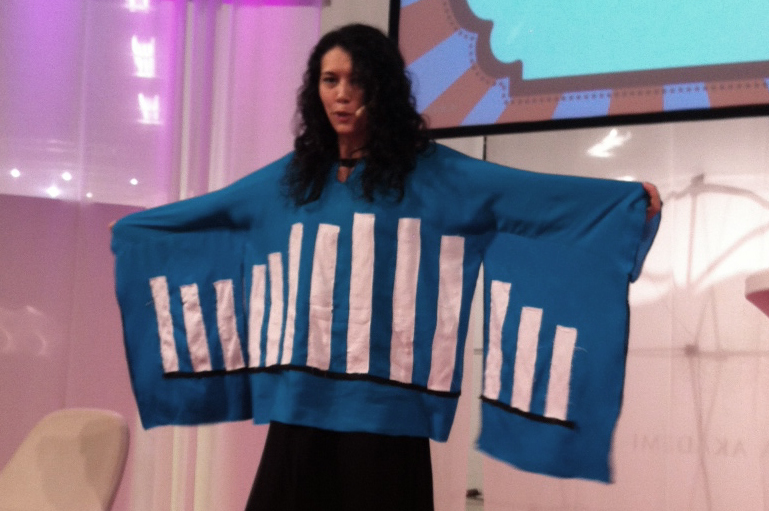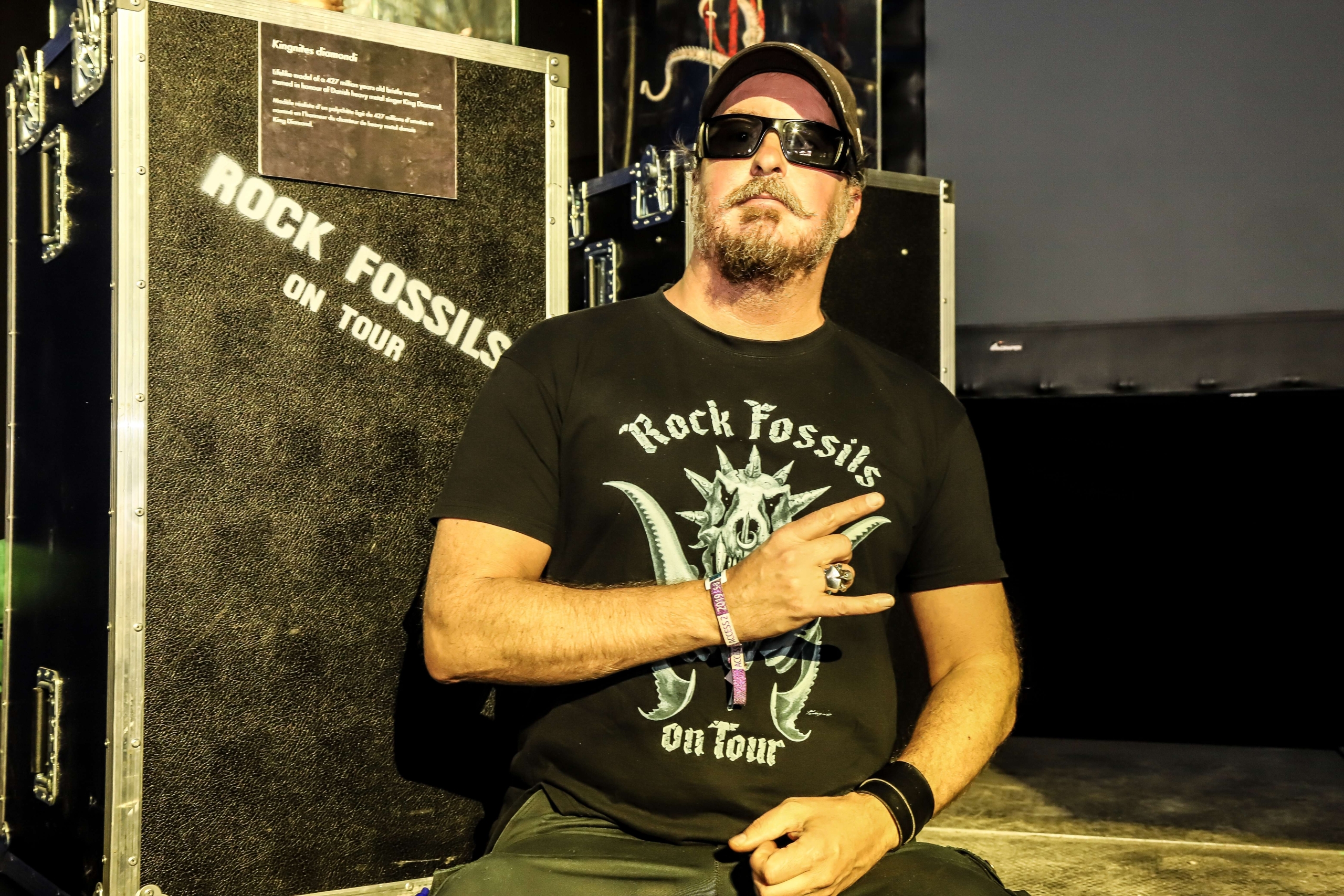Crastina is a platform for the exchange of experience, knowledge and inspiration regarding both scientific peer-to-peer communication and science dissemination
- What? An international network of (mostly young) people who love to communicate science & tech.
- Why? We think science needs to be communicated with more passion and professionalism.
- Where? On our website with interviews & resources + on social media + on Skype and IRL.
- Who? A content group (the Crew), a think tank (the Academy), + lots of friends & contacts.
- When? Right now – as a matter of fact, we’ve just geared up.

Fighting the boredom, part 1: ”Let’s show the world how amazing science is!”
”Badly communicated science is boring and a big component of doing science is motivation. We can't expect to motivate people without good communication skills!” says Leonidas Georgiou, PhD student at Okinawa Institute of Science and Technology.

Amazing Technicolor Bar Chart Costume
”Well-dressed and witty” – this was how Cecilia Berlin, social sustainability scientist from Gothenburg was described as she won one of the regional finals of the Swedish national Forskar Grand Prix. (’Researcher’s Grand Prix’)

Using Prezi for scientific presentations
Prezi advice from Norbert Majubu, an experienced user: Use it only if you’re a self-confident presenter and only when you know what you are talking about. In addition, recognize that it is more than a presentation tool.


















